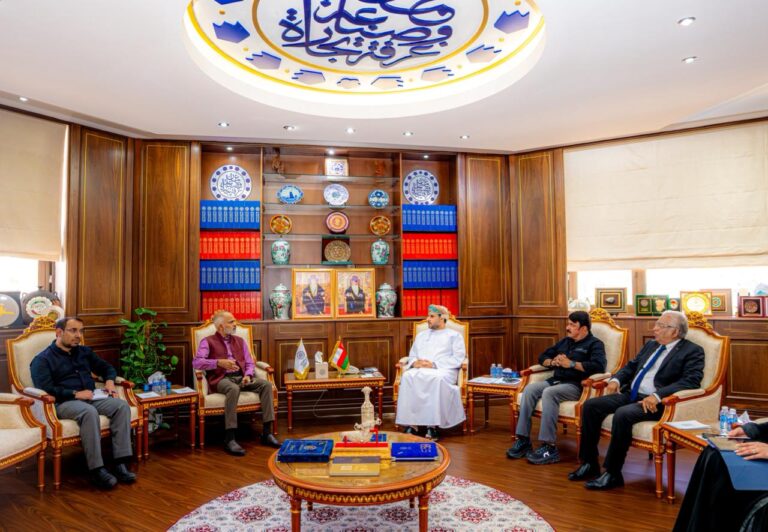UAE : Implementing robust accounting and financial tracking systems will help businesses avoid penalties and support growth, while staying informed about the latest tax updates through reliable sources remains critical in this evolving business landscape, highlighted Alia Noor, Associate Partner, Ahmad Alagbari Chartered Accountants, during a presentation,
With corporate taxation now a reality in the UAE, understanding the fundamentals – such as identifying tax periods, differences between VAT and corporate tax compliance, managing allowable expenses, and ensuring compliance – has become essential for companies.
Noor discussed the intricate processes of corporate taxation during her presentation. Using the metaphor of dragons, she simplified complex tax calculations for businesses, making the information accessible and engaging.
“In the UAE, it’s vital to comply with both VAT and corporate tax. Many people confuse the two, thinking that registering for one exempts them from the other. However, non-compliance with VAT or corporate tax will lead to a penalty. That’s why it’s important to clarify the differences between VAT and corporate tax and explain the importance of both, helping attendees tackle their tax compliance challenges effectively.”
The introduction of corporate taxation in the UAE has streamlined operations and enhanced transparency, yet many SMEs and new businesses struggle to navigate the system. Noor emphasised the importance of understanding the complete tax processes, starting from identifying the first tax period, assessing currency considerations and tax residency, to transfer pricing and related parties transactions, and economic substance regulations.
“All financial statements must be reported in UAE Dirhams, with guidelines for converting foreign currencies based on Central Bank rates. Consistency in currency conversion methods is critical to ensure compliance,” she said.
She highlighted the need for companies to evaluate their status as either resident or non-resident entities. “This affects their tax obligations, especially in relation to mainland versus free zone regulations.”
Navigating the complexities of corporate taxation is critical for businesses looking for sustainable growth in the UAE. “By understanding these critical points, companies can effectively manage their tax responsibilities and minimise their risk of a penalty or fine along their journey,” said Noor.














